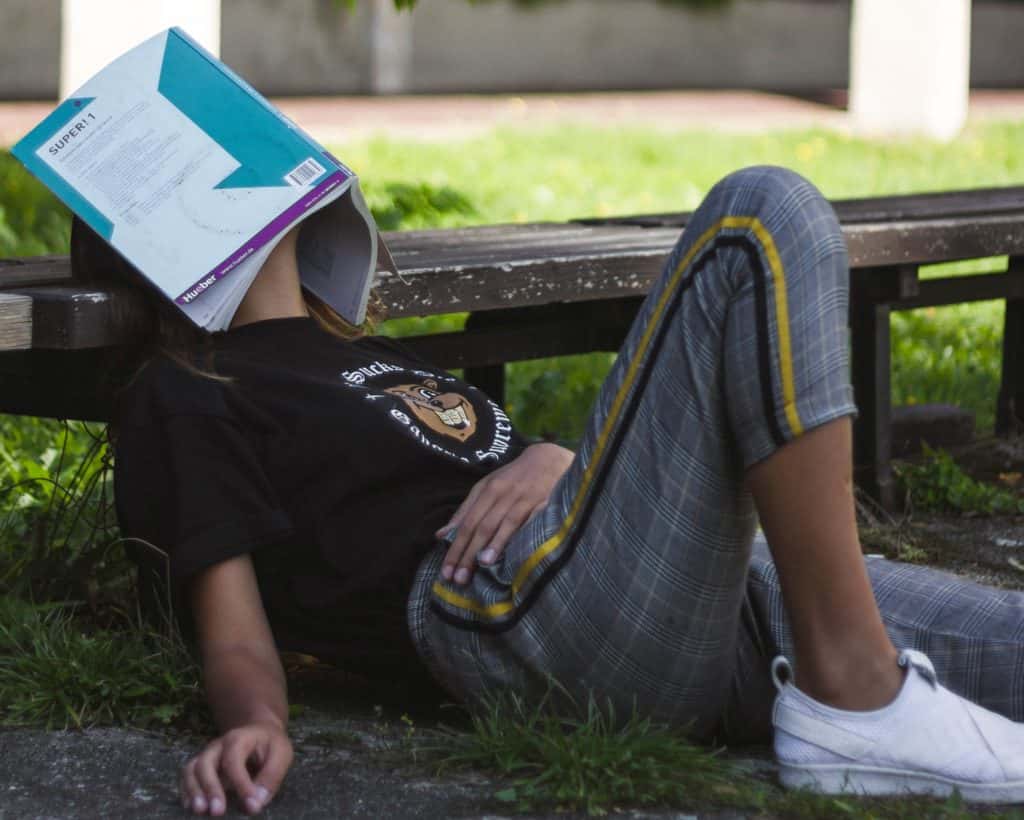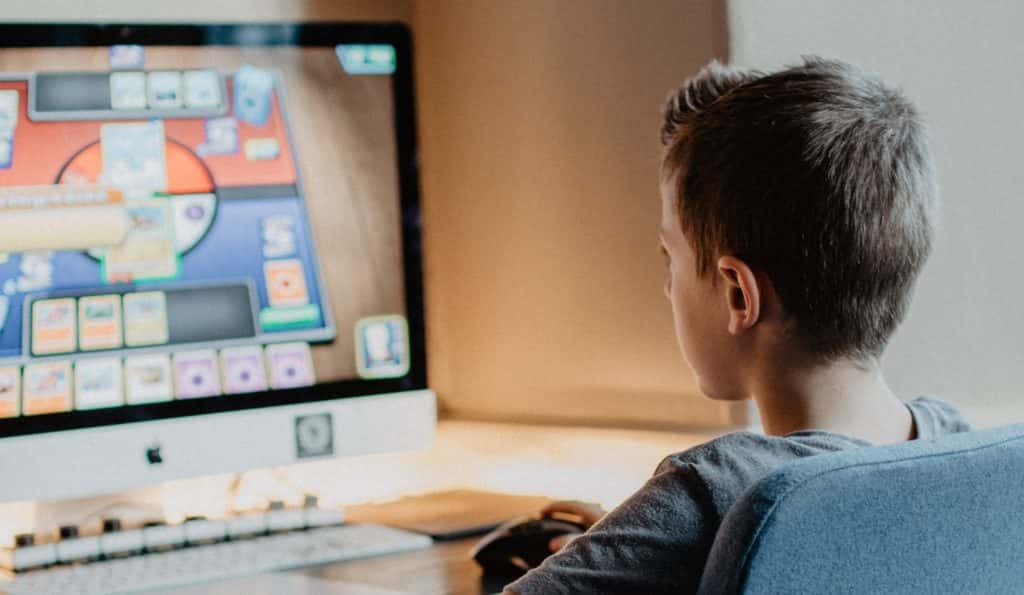Does Online Learning Have to be Boring?
Written by Sandie Barrie Blackley, Speech-Language Pathologist
Published on September 22, 2020
Is your student complaining or exhibiting symptoms of boredom with virtual classes? Fidgeting, wandering attention, trouble-making, unexplained sleepiness, and mood changes can all be indicators of boredom with online schoolwork.
Thousands of teachers have found themselves in the deep end of the virtual-classroom pool and are learning by trial and error how to teach in this new environment. Many students complain of being bored. Students with dyslexia and other language-learning challenges or learning disabilities may be even more prone to boredom and stress if their online classes don’t measure up.
Over the last 12 years, thousands of students with dyslexia have used Lexercise’s virtual education platform with a therapist, a parent, or a teacher to improve their reading, spelling, and writing skills. We are continuing to follow the research as it evolves, fueled by input from enormous numbers of teachers, students, and parents. Here are some observations and suggestions from recent peer-reviewed journals:
Dr. Erin C. Westgate finds boredom interesting. In a recent article in Education Week, she suggests:
- “Dial in on difficulty.” Classroom activities may be either too easy or too hard for the student. Individualized assignments and scaffolding (breaking lessons into smaller segments for a progression of learning) may help.
- “Make it meaningful.” Again, the more individualized the material, the better. If students can connect the lesson with work they’ve already done or something they have expressed interest in, they will be more engaged in the new material.
- “Gamify lessons.” Fun is good. Challenges are good. A student will grow bored with something they’ve seen over and over.
Importantly, Dr. Westgate also reminds us that “we all have trouble paying attention when we’re hungry, tired, or preoccupied with pressing matters,” so building in breaks is very important.
Lexercise online therapy for students with learning differences integrates multiple solutions to the challenges noted by Dr. Westgate. Our lessons and games continually measure the performance of the dyslexic student so that each subsequent lesson offers just the right amount of challenge, immediately addresses any language processing issues the student may be having, and offers rewards for achievement along the way. The feedback system built into Lexercise therapy supplements the personal feedback from the participating therapist or parent.
In an article in Psychological Review, Erin Westgate and Timothy D. Wilson ask, “What is boredom?” and examine a new model of engagement: Meaning and Attentional Components (MAC). According to their research, boredom demonstrates missing components in attention and meaning. In other words:
1) what is being demanded of the student is not a good match with the student’s ability
2) the material or activity does match the student’s goals. Both under-stimulation and overstimulation can interfere with attention. As we have mentioned in many previous posts, children with dyslexia are typically very bright, but because of their language-processing differences, they may find the standard education model for their grade level excessively difficult or boringly easy! Appropriate learning accommodations are essential to the dyslexic student’s progress.
In an article in Medical Hypotheses, linguist Dr. Elena Kkese examines the McGurk effect (put simply, poor integration of visual and auditory elements of speech) in the online classroom situation. Focusing on the particular needs of students with learning disabilities such as dyslexia, Kkese suggests that the virtual classroom “may provide a more suitable alternative” because it eliminates the noise and distractions of the classroom and allows the student to focus closely “on the lecturer’s face and voice.” In addition, the student can “learn more effectively since they could review sessions repeatedly.”
Using the most current research, Lexercise has built an online learning platform that combats boredom. One of the primary ways that we engage dyslexic students and hold their attention is with reward-rich games and highly individualized sessions.
Learn how Lexercise can help your student today!
Improve Your Child’s Reading
Learn more about Lexercise today.
Schedule a FREE
15-minute consultation




